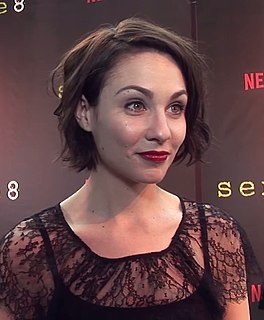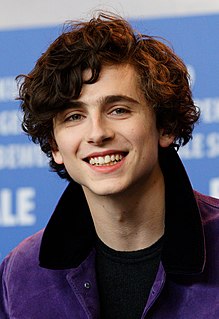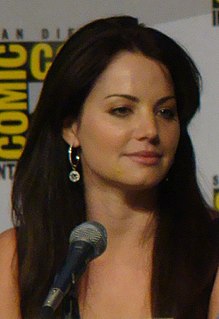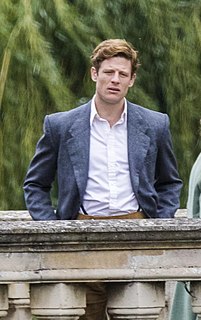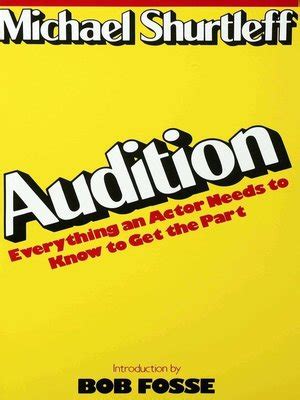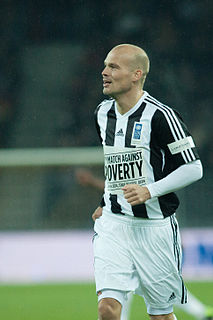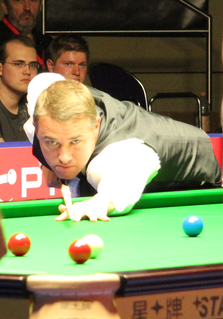A Quote by Tuppence Middleton
I don't want to be one of those young actors who is around for a couple of years and melts off the scene.
Related Quotes
When you're studying drama, when you're a young actor, there are simple rules about acting. "Why am I here? What prevents me from leaving? What am I trying to get? How do I hide something?" So when you're making a film like Abel's movie, you want to be thinking about those things all the time. And you wanna be armed with those things, and you hope the other actors you're working with have the same understanding of drama and scene and acting. Sometimes it works and sometimes it doesn't.
With films, I just scribble a couple of notes for a scene. You don't have to do any writing at all, you just have your notes for the scene, which are written with the actors and the camera in mind. The actual script is a necessity for casting and budgeting, but the end product often doesn't bear much resemblance to the script--at least in my case.
